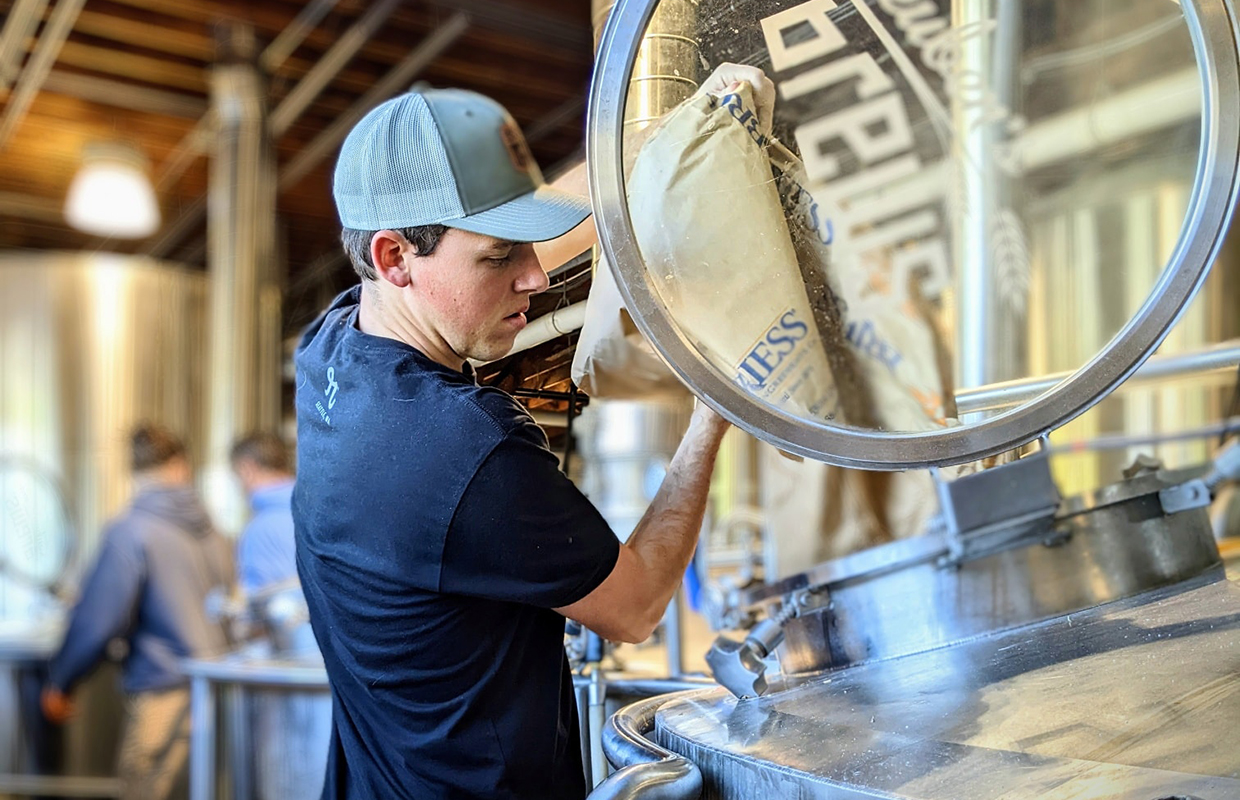
What metrics should matter when it comes to adding on production staff? It was a question asked during a panel at the 2023 Craft Brewers Conference that Adam Robbings of Reuben’s Brews along with Harris Stewart of TrimTab Brewing and Justin Cox of Atlas Brew Works talked through in a discussion about establishing a financial foundation.
Unlike being able to do a lot of number crunching for creating a sales position, it’s a lot more seismic in decision-making for a production addition Stewart, the Alabama brewery’s founder and CEO, explained.
“You’re talking about highly skilled people that perform very, very specific roles,” he said. “You have to think about longer-term plans that are in mind that may not be relevant or even needed at the moment, but you know that you’re going to need it two to four steps down the road.”
For Atlas, having your production team dialed in with management is key,
“They’re very committed to it,” said Cox, the CEO, and founder of Atlas, about his brewing operations manager along with the production team. “We talk about things that are coming up in anticipation with our sales reps.”
READ MORE: Keys to Early Hires
Robbings, a co-founder of the Seattle brewery, said it’s a step in changes in your cost structure.
“So your current team is efficient between a certain level of barrels of production, and then a higher level of our production,” he explained. “You’re within this kind of channel of production that is efficient that you can work on that now with your team.
“It’s with this amount of people on the canning line, then what is our max for a week? And when does it start getting, almost too many, you’re going to have to start getting people to do more stuff, right?”
You can get a good view of your current structure this way, he pointed out.
“If we add a person onto the packaging line, what does that do? Does that increase (production) to another shift? Does that one person actually impact that kind of channel production? That’s the way I look at it,” Robbings said. “Wo we try and go through that, prospectively, rather than when things are hitting the fan. You don’t get into a reactive kind of mode, which is not good for you, or your staff.”





Be the first to comment